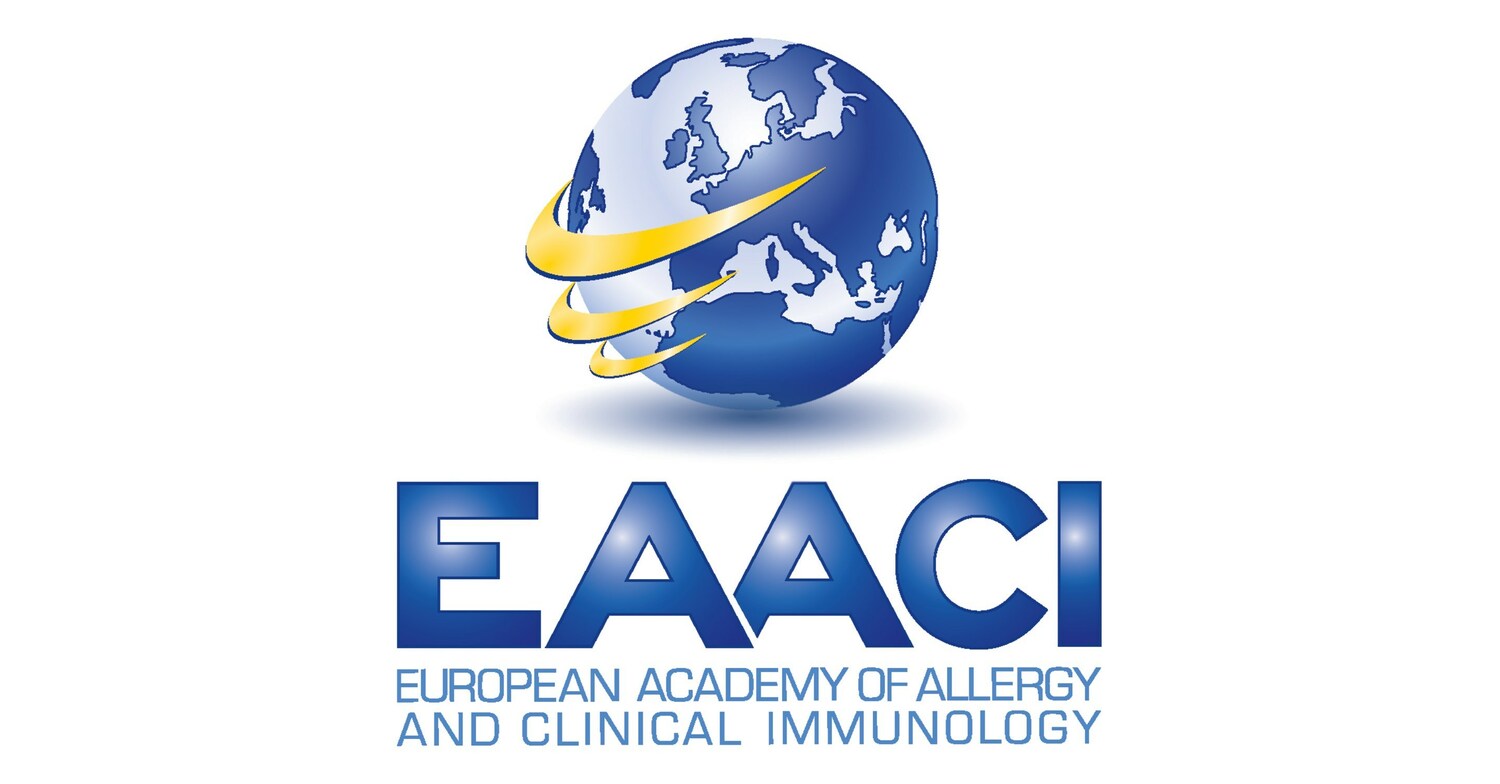HAMBURG, Germany, June 16, 2023 /PRNewswire/ — A recent study conducted in Belgium has revealed the potential effects of air pollution on the airways of early-career elite athletes. While physical exercise is known to improve overall health, the study suggests that intense physical activity in a polluted environment may act as a stressor to the airway barrier. The abstract was presented on 11th June at the Annual Congress in Hamburg organized by the European Academy of Allergy & Clinical Immunology (EAACI).
The research focused on early-career elite athletes aged 12 to 18 years and aimed to investigate the exposure and impact of air pollutants on their airways. The findings provide valuable insights into the respiratory health of young athletes and shed light on the potential consequences of intense exercising in areas with high levels of air pollution.
Sputum samples from the athletes were analysed and compared with samples from controls who engaged in less than six hours of sports per week. The results showed that the athletes had significantly higher levels of carbon-loaded alveolar macrophages (AMs) in their sputum samples compared to the control group. Similarly, the number of particles in macrophages and the percentage of area occupied by black carbon were also significantly increased in athletes compared to controls. These findings can be attributed to the athletes’ high ventilatory demands during exercise, which lead to increased exposure to air pollutants.
Through multiple linear regression analysis, accounting for factors such as humidity, temperature, age, gender, body mass index (BMI), and atopic state, the study identified PM10 and PM2.5 (particulate matter) as independent predictors of the maximal fall in forced expiratory volume in one second (FEV1) EVH test (=eucapnic voluntary hyperventilation test). This suggests that exposure to higher levels of these particulate matters may contribute to increased airway hyperreactivity and dysfunction in athletes.
Furthermore, the study observed that athletes exposed to higher levels of PM10 had significantly lower expression of tight junctions, which are important for maintaining the integrity of the airway barrier, compared to athletes exposed to lower levels. This indicates that increased air pollution may induce short-term airway hyperreactivity and dysfunction by compromising the airway barrier.
Janne Goossens, the PhD researcher of KU Leuven, commented, “Our study highlights the potential impact of air pollution on the airways of early-career elite athletes. The findings suggest that intense exercising in polluted areas may pose challenges to respiratory health, leading to increased airway hyperreactivity and dysfunction. It is crucial to raise awareness about the potential risks associated with high levels of air pollution and implement measures to protect the respiratory health of athletes.”
These findings contribute to the growing body of evidence on the health effects of air pollution, emphasizing the importance of reducing pollution levels to safeguard respiratory health, particularly in individuals engaged in intense physical activities.
About EAACI:
The European Academy of Allergy and Clinical Immunology (EAACI) is an association of clinicians, researchers and allied health professionals founded in 1956. EAACI is dedicated to improving the health of people affected by allergic diseases. With more than 15 000 members from 125 countries and over 75 National Allergy Societies, EAACI is the primary source of expertise in Europe and worldwide for all aspects of allergy.
Contact:
EAACI Headquarters, Hagenholzstrasse 111, 3rd Floor 8050 Zurich, CH- Switzerland
Tel: +41799561865
[email protected]
www.eaaci.org
Logo – https://mma.prnewswire.com/media/2060385/4080794/EAACI_Logo.jpg

SOURCE EAACI

